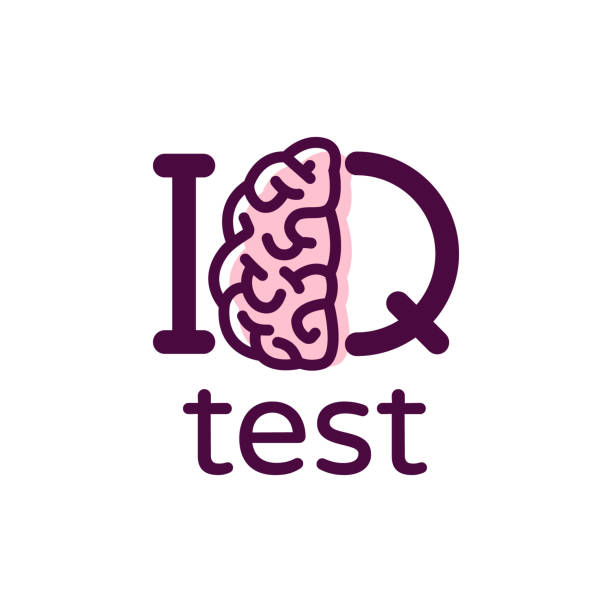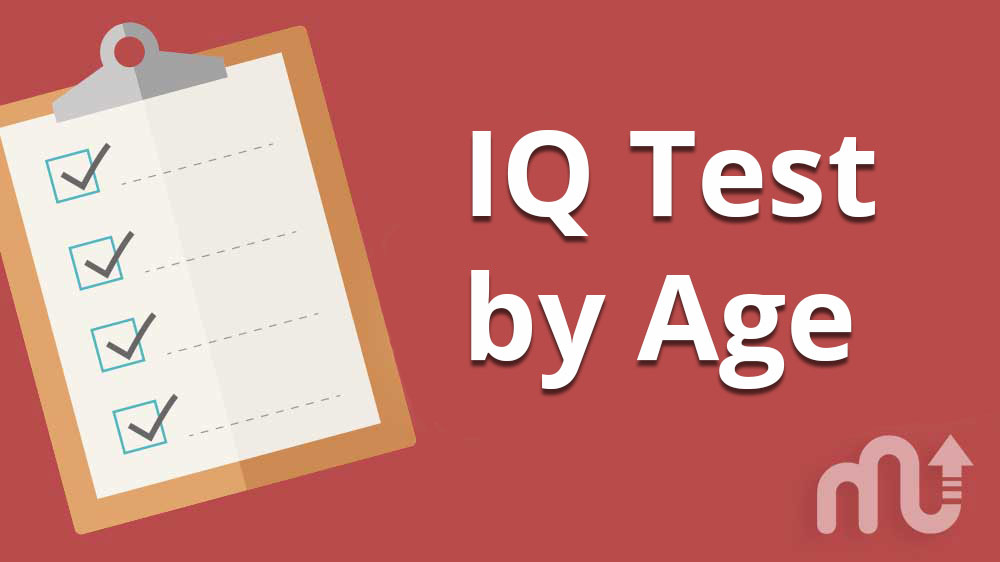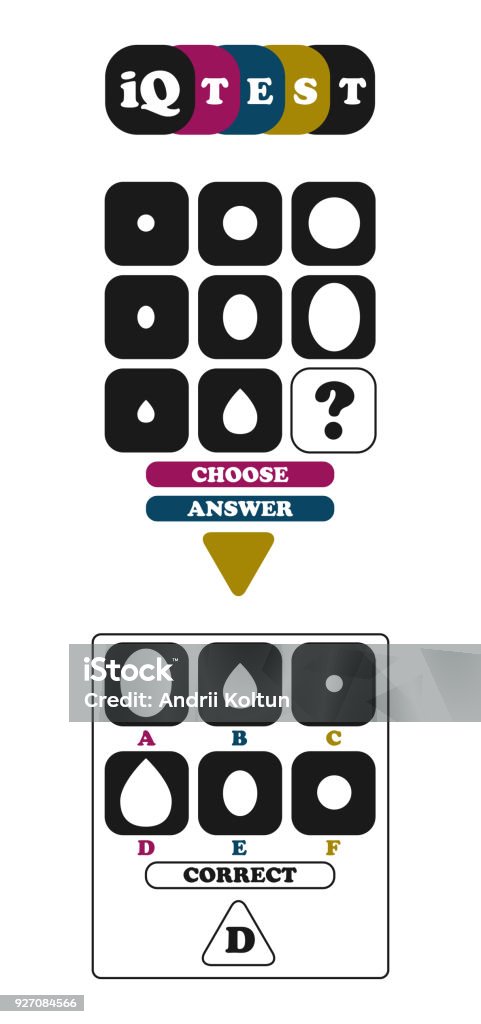Intelligence quotient, or IQ, tests are standardized assessments used to measure an individual's cognitive abilities and potential for intellectual development. These tests have been in use for over a century and are often used to determine a person's eligibility for certain academic programs or employment opportunities. While IQ tests have been widely accepted as a measure of intelligence, they are not without controversy.
The first intelligence test was developed by Sir Francis Galton in the late 1800s, but it was not until the early 20th century that IQ tests began to be widely used. The most well-known and widely used IQ test is the Wechsler Adult Intelligence Scale (WAIS), which was developed in 1955 by David Wechsler. The WAIS consists of several subtests that measure various cognitive abilities, including verbal comprehension, perceptual organization, working memory, and processing speed.
There are also numerous other IQ tests that have been developed over the years, including the Stanford-Binet Intelligence Scale, the Raven's Progressive Matrices, and the Culture Fair Intelligence Test. These tests are designed to measure a person's cognitive abilities independent of cultural or educational background.
While IQ tests are widely accepted as a measure of intelligence, they are not without controversy. One criticism of IQ tests is that they are culturally biased, meaning that they may favor certain cultural groups over others. For example, some studies have shown that IQ tests may be biased against individuals from disadvantaged or marginalized groups, such as racial or ethnic minorities or those from low socio-economic backgrounds. This can lead to these individuals being unfairly disadvantaged in educational and employment opportunities.
Another criticism of IQ tests is that they do not adequately capture a person's overall intelligence. While IQ tests may measure certain cognitive abilities, they do not take into account other important factors that contribute to intelligence, such as creativity, emotional intelligence, and problem-solving skills.
Despite these criticisms, IQ tests remain an important tool in the fields of psychology and education. While they may not be perfect, they can provide valuable information about a person's cognitive abilities and potential for intellectual development. It is important to remember that IQ tests are just one aspect of a person's intelligence and should not be used as the sole determinant of their abilities or potential.









